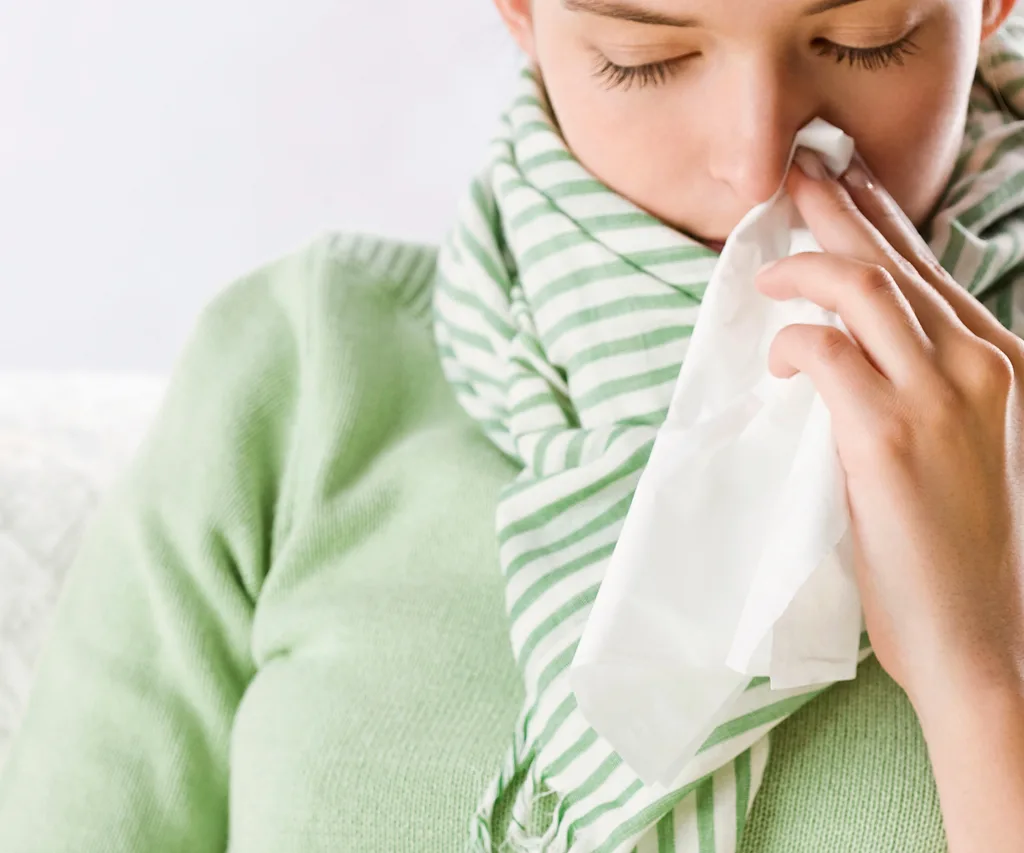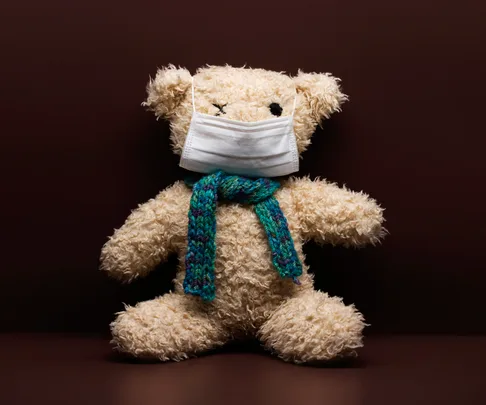I’ll tell you one thing that makes me really cranky. It’s when I hear people with colds or flu being advised to mask their symptoms with over-the-counter medicines and just ‘soldier on’.
If you want to really whip me up, cough or sneeze in a group without covering your mouth and nose.
While a simple cold will come and go in a few days without doing too much damage, influenza is a different story. A genuine dose of the flu can make you very ill for weeks. Nobody welcomes a case of flu, but some people are particularly vulnerable to its complications and these people are the ones who most need protection.
The simplest way to improve your resilience against the flu is to have an annual flu vaccine. Every year, global influenza surveillance systems work out which viruses are circulating in the Northern Hemisphere winter.
In this way, we’re able to predict with reasonable accuracy which strains of flu are likely to affect New Zealand and a vaccine is prepared so that people who are most at risk can be vaccinated in time to limit the spread of the viruses.
The influenza viruses mutate a little every year and this is why a new flu vaccine combination needs to be given each year.
Last year the arrival of influenza vaccine in the Southern Hemisphere was delayed by changes to two of the vaccine strains, so vaccination began at the end of March rather than the usual early March. A quadrivalent vaccine, FluQuadri, became available shortly after and protected against one additional strain of flu. This vaccine was not publicly funded.
Flu cases in New Zealand in 2015 were at the higher end of the normal seasonal range. Influenza A accounted for about 55 per cent of reported cases between January and August and influenza B for about 45 per cent.
Do you have to be in a high-risk group to have the vaccine?
Some people qualify for a free vaccine because they are in a high-risk group. However, vaccines are available to anyone who wishes to protect themselves. You might want to avoid having to take time off work. You may want to protect your elderly relatives or young babies if you catch the flu and you are contagious. You’ll be contagious for a day before you have symptoms (so there’s nothing you can do about that) and for up to seven days after you become sick.
Who is at risk?
New Zealand’s Ministry of Health recommends flu vaccination as the best defence against influenza – even for fit and healthy people. In New Zealand, people aged 65 and over, pregnant women, and those with certain medical conditions are considered to be more at risk and are therefore eligible for free influenza immunisation with either Influvac or Fluarix, the two funded trivalent vaccines.
Each year around 1.2 million doses of vaccine are distributed, about half of which are funded – the remainder are privately purchased.

What about children?
Children can begin to be immunised against the flu from six months of age. Children aged eight years and under need to have two doses at least four weeks apart in the first year they receive the vaccine. One dose of influenza vaccine is required for subsequent years and for children aged nine years and over.
How is it spread?
Influenza is highly contagious. It is spread from person to person, up to two metres away, by coughing, sneezing or even talking. You can also catch the flu by touching a surface which has flu virus on it, then touching your mouth or nose.
Here are my rules for flu season etiquette:
1 If you are sick with a cough, fever or sore throat, stay at home. Do not catch public transport. Do not go to work.
2 Warn friends not to visit you while you are sick. Wash your hands often with soap and water.
3 Do not prepare food for others and do not share eating utensils, cups or dishes. Place them immediately in the dishwasher or wash separately after use.
4 Clean and disinfect any surfaces touched by someone with flu.
5 Cover your cough. Carry tissues and use them once then discard them carefully.
6 If you have to fly or travel on public transport or in a car with other people, wear a mask to protect your fellow passengers. To protect yourself and others, immunisation in autumn is the most effective prevention.



